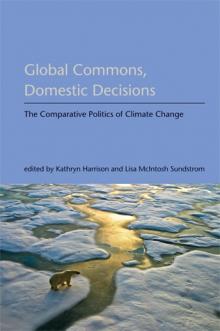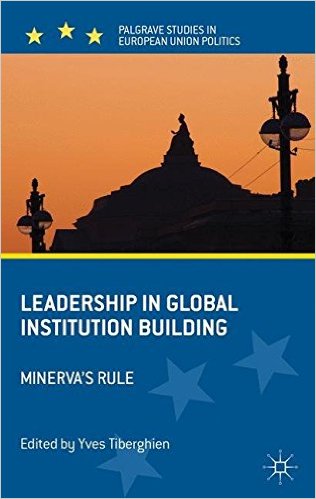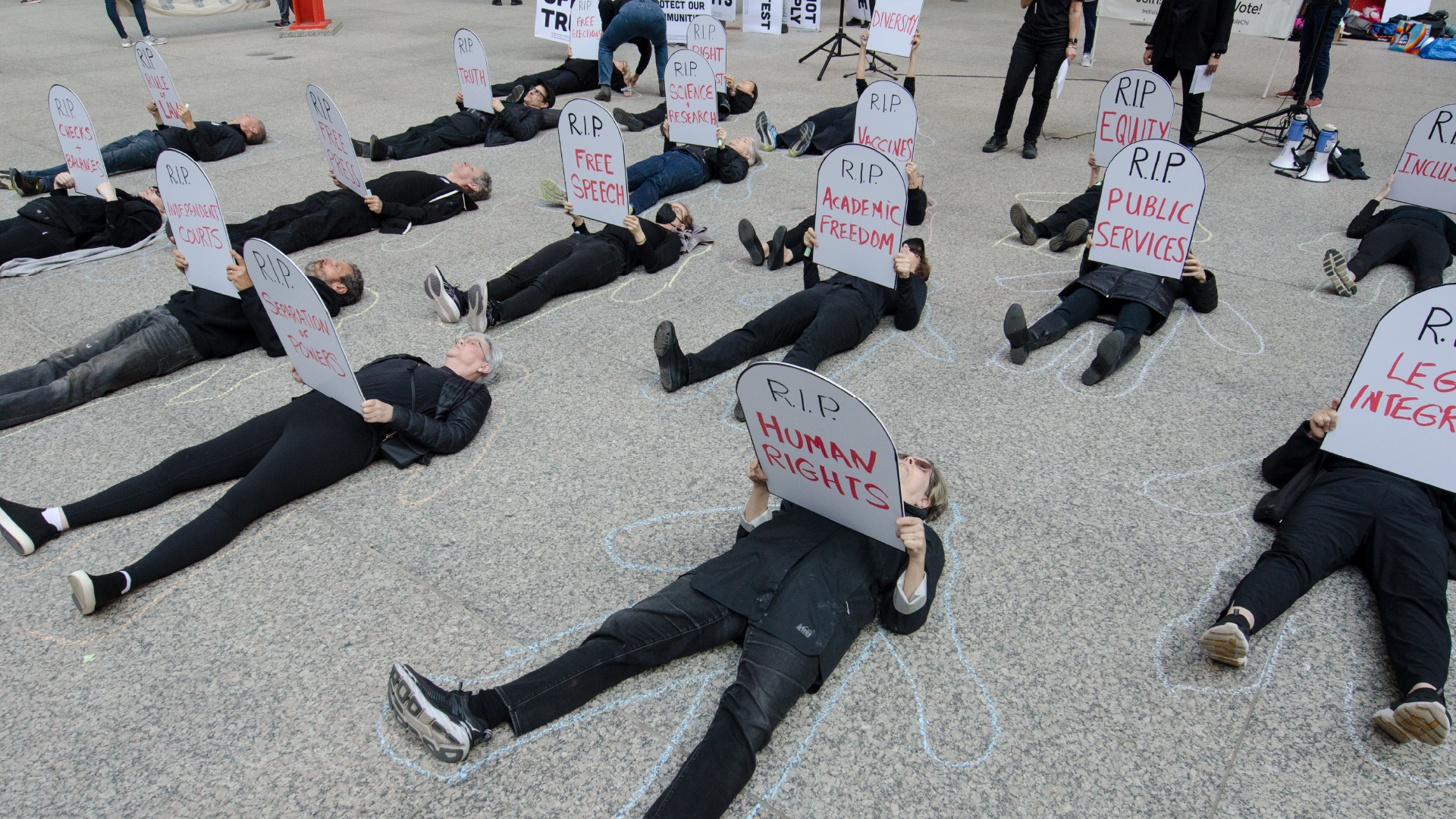

Abstract:
The Brexit referendum was won on the slogan ‘taking back control’. The resonance of this slogan with British voters could be seen as confirming the longstanding complaint regarding the EU’s democratic deficit. Yet, shifting democratic authority away from National Parliaments to the European Parliament might likewise be seen as a loss of control so far as the various peoples or demoi of the member states are concerned. After all, similar reasoning has led national minorities within many of these states to voice demands for a greater devolution of democratic authority and even secession. At the same time, in an interconnected world how far democracy can be realised in one country has become increasingly doubtful. I shall argue that this dilemma can be resolved by seeing the EU as an association of democratic states, in which their agreements reflect the normative requirements of a two level game, understood in republican terms as involving non domination within and between states.. To do so, these agreements must meet the dual conditions of being both mutually negotiated and consented to by their duly elected governments and endorsed by their respective citizens. This view conceives of the EU not as a demos-cracy in the making but as a form of co-governance by different demoi in which they exercise mutual control.
The talk draws on Bellamy’s recent books A Republican Europe of States: Cosmopolitanism, Intergovernmentalism and Democracy in the EU Cambridge University Press, 2019 and (with Dario Castiglione) From Maastricht to Brexit: Democracy, Constitutionalism and Citizenship in the EU Rowman and Littlefield, 2019.
Bio:
Richard Bellamy joined University College London in 2005 as the College’s first Professor of Political Science. He was the founding Head of the new Department of Political Science and Director of the School of Public Policy from 2005- 2010. He was Director of UCL’s European Institute, which he also established, from 2010-2013
Bellamy was educated at the University of Cambridge and the European University Institute (EUI) in Florence. After three years as a postdoctoral research Fellow at Nuffield College, Oxford he went on to lectureships at Cambridge and Edinburgh and then to Chairs at the Universities of East Anglia, Reading, Essex, UCL and the EUI.
Bellamy has held Visiting Fellowships at Nuffield College, Oxford; the EUI; Australia National University (ANU); the Centre for Advanced Study (CAS) in Oslo; and the Hanse Wissenschaft-Kolleg (HWK) in Delmenhorst. He is currently a Visiting Professor at the University of Exeter. He was Director of the Max Weber Post-doctoral Programme at the EUI from 2014-2019.





